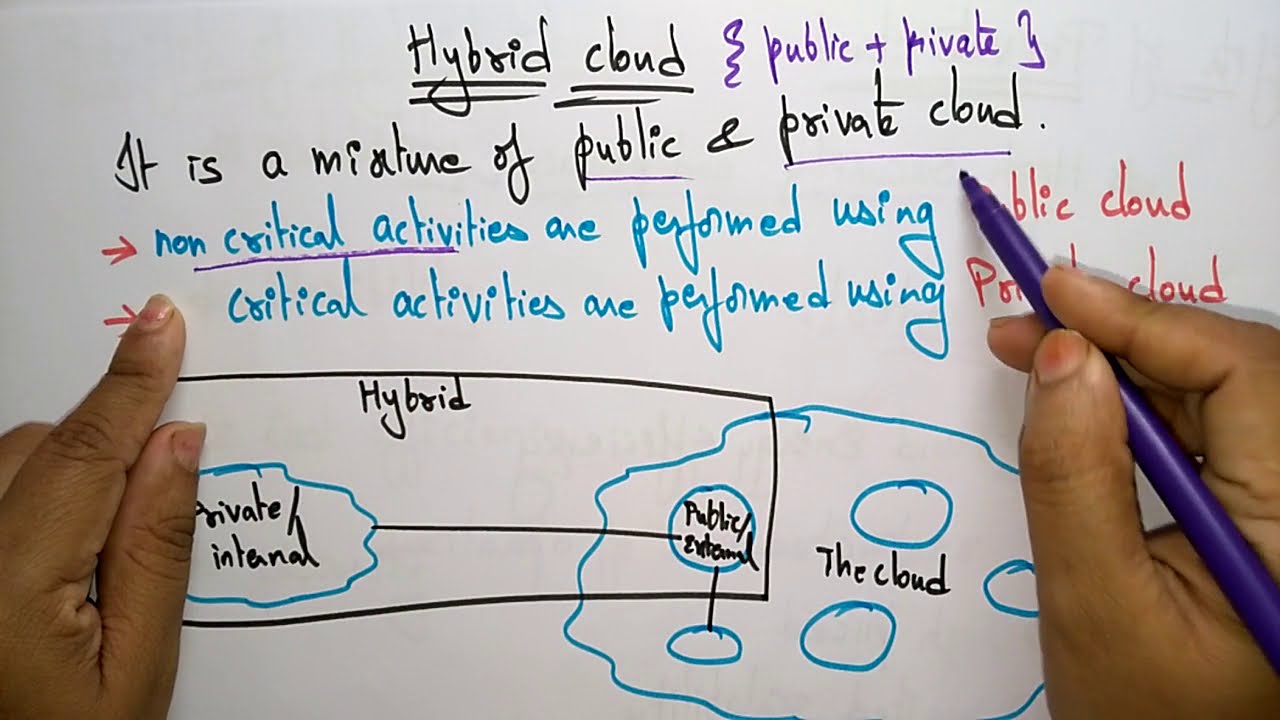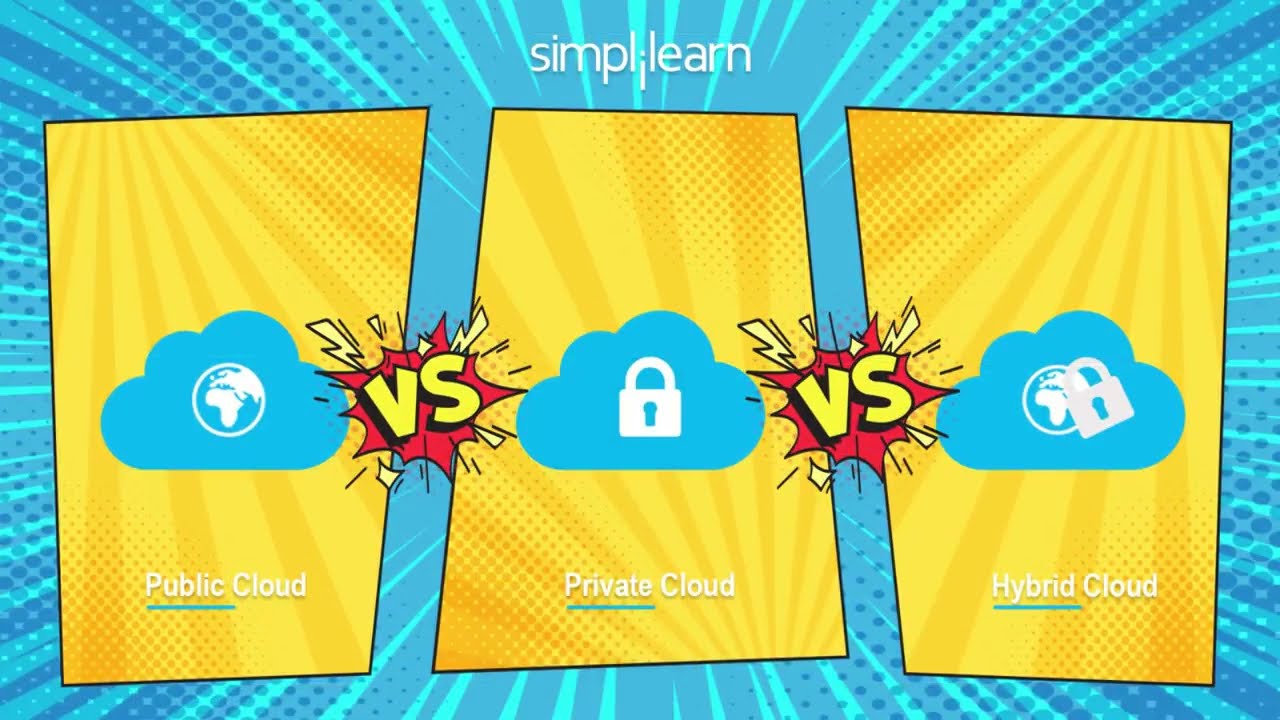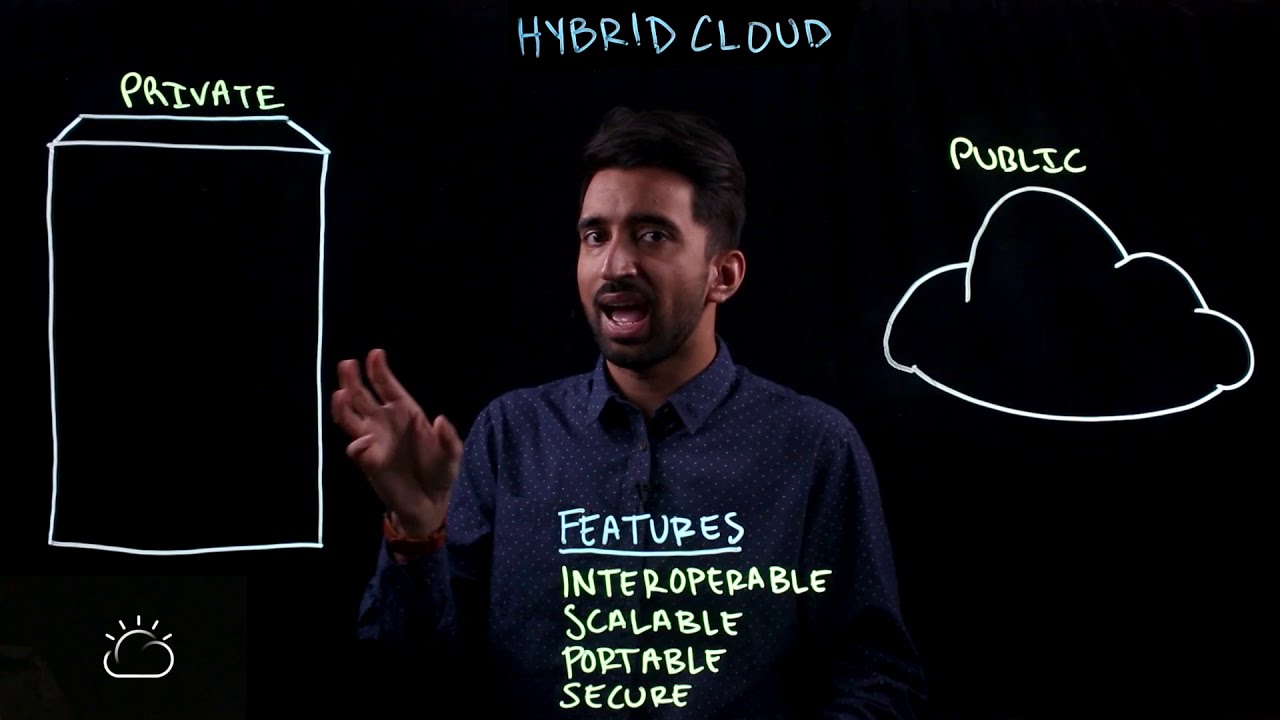As businesses continue to grow and expand, the need for scalable and flexible IT infrastructure solutions becomes more important. Hybrid cloud computing has emerged as a popular choice, offering the best of both worlds with a combination of public and private clouds. This article will explore the benefits, challenges, case studies, comparisons, and advice for implementing hybrid cloud computing solutions.
Benefits of Hybrid Cloud Computing Solutions
Hybrid cloud computing solutions offer several advantages over traditional IT infrastructure solutions. Here are some of the key benefits:
- Scalability: Hybrid clouds allow businesses to scale up or down their IT resources quickly without any additional capital expenses.
- Flexibility: With hybrid clouds, businesses have the flexibility to choose where to host their applications – public or private cloud, based on their business requirements.
- Cost-Effective: Organizations can reduce their overall IT costs by using hybrid cloud computing solutions. They only pay for what they use and can avoid investing in expensive hardware and software.
- Security: By combining public and private clouds, hybrid cloud computing solutions can provide better security than single-cloud solutions.
- Disaster Recovery: Hybrid cloud computing solutions offer disaster recovery capabilities that ensure business continuity even during emergencies.
Challenges of Hybrid Cloud Computing Solutions
While hybrid cloud computing solutions offer numerous benefits, there are also some challenges that organizations may face while implementing them. Some of these challenges include:
- Complexity: Hybrid cloud computing solutions can be complex to implement, manage, and maintain.
- Integration: Integrating different clouds can be challenging, and it requires careful planning and execution.
- Data Compliance: Businesses must ensure data compliance when using hybrid cloud computing solutions. This includes complying with regulations like GDPR and HIPAA.
- Security Risks: Hybrid cloud computing solutions can be vulnerable to security threats, and businesses must take necessary precautions to secure their data.
- Cost Management: Organizations must keep a close watch on their expenditure while using hybrid cloud computing solutions as it can become expensive if not managed correctly.
Case Studies for Hybrid Cloud Computing Solutions
Several organizations have successfully implemented hybrid cloud computing solutions. Here are some case studies:
- Netflix: Netflix uses both public and private clouds to deliver video streaming services to its customers. The company uses Amazon Web Services (AWS) for its public cloud needs and relies on its private cloud infrastructure for sensitive data.
- NASA: NASA uses a hybrid cloud solution that allows it to store mission-critical data in a private cloud, while less sensitive data is stored on a public cloud.
- GE Healthcare: GE Healthcare uses hybrid cloud computing to store electronic medical records (EMRs). The company uses public clouds for non-sensitive data and private clouds for sensitive data.
Comparisons of Hybrid Cloud Computing Solutions
Hybrid cloud computing solutions offer several benefits over other IT infrastructure solutions, including private clouds, public clouds or on-premises infrastructure. Here’s how hybrid cloud compares with these solutions:
- Private Clouds: While private clouds offer better security than other IT infrastructure solutions, they lack the scalability and cost-effectiveness of hybrid clouds.
- Public Clouds: Public clouds offer scalability and cost-effectiveness, but they may not provide adequate security for sensitive data. Hybrid clouds provide the best of both worlds by combining public and private clouds.
- On-Premises Infrastructure: On-premises infrastructure may offer better control, but it lacks the scalability and flexibility of hybrid clouds.
Advice for Implementing Hybrid Cloud Computing Solutions
Implementing hybrid cloud computing solutions can be challenging, but with proper planning and execution, organizations can reap the benefits. Here are some tips for implementing hybrid cloud computing solutions:
- Plan Carefully: Businesses should plan their hybrid cloud strategy carefully and consider factors like security, compliance, and data management.
- Choose the Right Cloud Service Providers: Organizations should choose cloud service providers that offer flexible and scalable solutions, with robust security measures in place.
- Invest in Automation Tools: Automation tools can help businesses manage their hybrid cloud infrastructure effectively and reduce manual effort.
- Train Employees: Businesses should train employees on how to use hybrid cloud computing solutions and ensure that they are aware of best practices for data management and security.
- Monitor Performance: It’s essential to monitor the performance of hybrid cloud infrastructure regularly and take necessary action to optimize it for better efficiency.
FAQs
What is Hybrid Cloud Computing?
Hybrid cloud computing is an IT infrastructure solution that combines public and private clouds to meet specific business requirements.
What are the Benefits of Hybrid Cloud Computing Solutions?
Some of the benefits of hybrid cloud computing solutions include scalability, flexibility, cost-effectiveness, security, and disaster recovery.
What are the Challenges of Hybrid Cloud Computing Solutions?
Some of the challenges of hybrid cloud computing solutions include complexity, integration, data compliance, security risks, and cost management.
How do Hybrid Cloud Computing Solutions Compare with Other IT Infrastructure Solutions?
Hybrid cloud computing solutions offer the best of both worlds by combining the scalability and cost-effectiveness of public clouds with the security and control of private clouds.
How can I ensure data compliance while using Hybrid Cloud Computing Solutions?
Businesses must ensure that their hybrid cloud computing solutions comply with data regulations like GDPR and HIPAA. This includes implementing necessary security measures, encrypting sensitive data, and keeping track of data access and usage.
Is it expensive to implement Hybrid Cloud Computing Solutions?
While implementing hybrid cloud computing solutions may require some upfront investment, they can ultimately save businesses money by reducing IT costs and improving efficiency. However, it’s essential to manage costs carefully and avoid overprovisioning resources.
Conclusion
Hybrid cloud computing is an increasingly popular IT infrastructure solution that offers numerous benefits over traditional IT infrastructure solutions. By understanding the benefits, challenges, case studies, comparisons, advice, and FAQs for implementing hybrid cloud computing solutions, businesses can make informed decisions about whether to adopt them. With proper planning and execution, hybrid cloud computing solutions can help businesses achieve scalability, flexibility, cost-effectiveness, security, and disaster recovery, making them a valuable tool for the future of business IT infrastructure.




